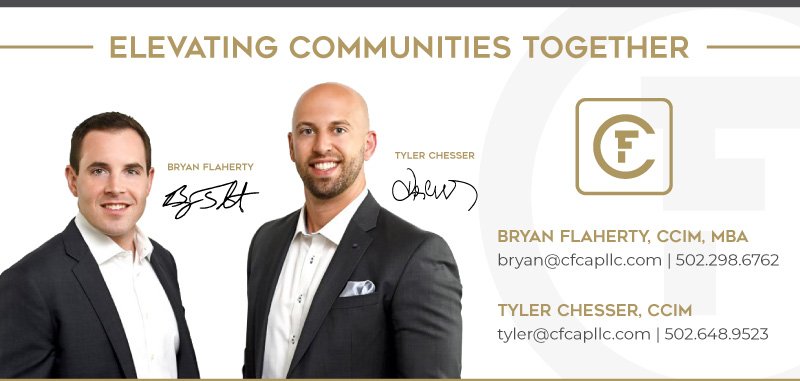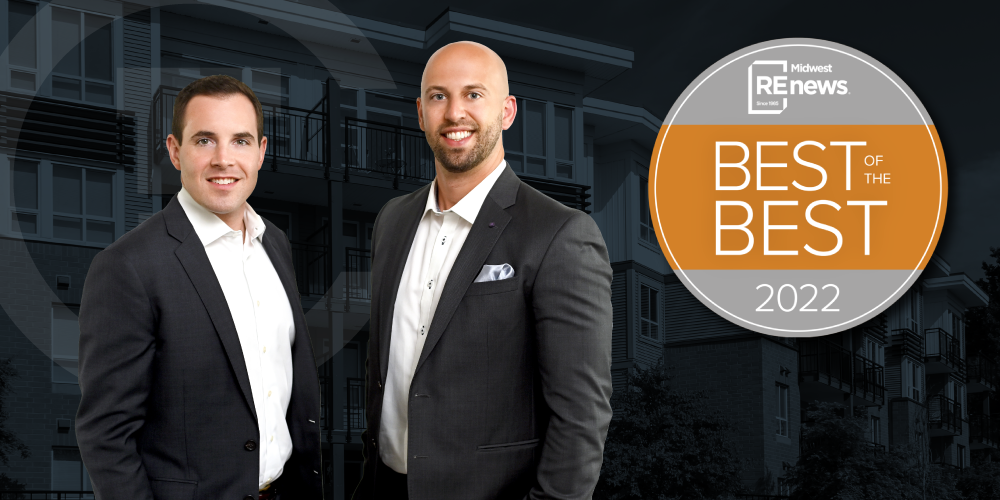Why Have a Real Estate Investment Portfolio?
Are you ready to turn your dreams into reality? Real estate investing may be the key to unlocking your desire to retire early, explore the world, or provide for your family. Whatever your aspirations, building an investment portfolio will help you achieve them. Take control of your financial future and build the life you've always wanted with this investment strategy!
What is a Real Estate Investment Portfolio?
A real estate investment portfolio is a collection of real estate assets you own for the purpose of generating income or deriving appreciation. This means you can invest in a variety of real estate assets, like residential rental properties, multifamily apartment communities, commercial buildings, vacant land, and even real estate investment trusts (REITs).
As an investor, generally the goal when building a portfolio is to achieve long-term financial benefits. This includes earning a steady stream of income and seeing your investments appreciated over time. To reduce your risk and protect your investments from market volatility, it's important to diversify your portfolio by investing in different types of real estate assets and different markets.
Why Have a Real Estate Investment Portfolio?
It's no secret that real estate investments have been gaining popularity among investors who want to diversify their portfolios and build long-term wealth beyond paper assets, and it's not hard to see why: there are many reasons why investing in real estate can be advantageous.
Real estate investing allows investors to generate passive income from rental properties. By investing in rental properties, investors can receive regular rental income without having to actively work for it. Secondly, real estate investing offers numerous tax benefits. For example, rental income is generally subject to lower tax rates than ordinary income, and real estate investors can take advantage of various deductions and credits to reduce their tax liability. It can also provide diversification benefits. Real estate markets do not always move in tandem with other asset classes, such as stocks and bonds. This provides a hedge against market volatility. Lastly, owning real estate can help build equity over time. As the property value appreciates and the mortgage is paid down, the investor's equity in the property increases. This can provide a valuable source of wealth and financial stability over the long term.
How to Build an Investment Portfolio?
Set Goals
Before diving into real estate investing, consider your goals. What do you want to achieve with your investment? Do you want to earn passive income? Build long-term wealth? A combination of both? By setting clear goals, you can better determine the real estate investing strategy for you. Remember, when it comes to real estate investing, there's no one-size-fits-all approach, so be sure to tailor your strategy to fit your unique goals and circumstances.
Do Research
Once you have set your financial goals and decided on the type of real estate investment strategy you want to pursue, the next step is to conduct thorough research. It is essential to learn about the various types of real estate investments available in the market and identify which ones align with your goals. For example, you may be interested in investing in rental properties to generate passive income, or you may prefer to invest in commercial properties for long-term capital appreciation.
In addition to understanding the different investment options available, it is also important to research the local real estate market, analyze the market trends, and identify potential opportunities to make more informed investment decisions. Some factors to consider when researching the local real estate market include vacancy rates, rental prices, property values, and economic conditions.
Start Small
Starting small is a great way to gain experience and refine your investment strategy without putting yourself at undue risk. For example, you might consider starting with a single rental property, and then gradually expanding your portfolio as you become more experienced. This approach allows you to learn the ropes of real estate investing and adjust as needed without overextending yourself financially.
Monitor Investments
Continuously monitoring your real estate investments is crucial for your portfolio’s success. Real estate markets are constantly evolving, which can significantly impact your investments. By keeping a close eye on your portfolio, you can identify potential risks and opportunities, and adjust as needed to maximize returns and minimize risks.
Want to Build Your Investment Portfolio? Contact CF Capital
Building your investment portfolio is a great way to generate passive income and build long-term wealth. By conducting thorough research and continuously monitoring your investments, you can make informed decisions and maximize your returns. However, this requires diligence and careful consideration. When you pool your resources with other investors and partner with an experienced syndicator, you access higher-quality multifamily properties that may not be available to individual investors. This investment strategy offers many benefits, including the potential for regular cash flow, tax advantages, and a hedge against inflation. Want to learn more? Get in touch with CF Capital.

















